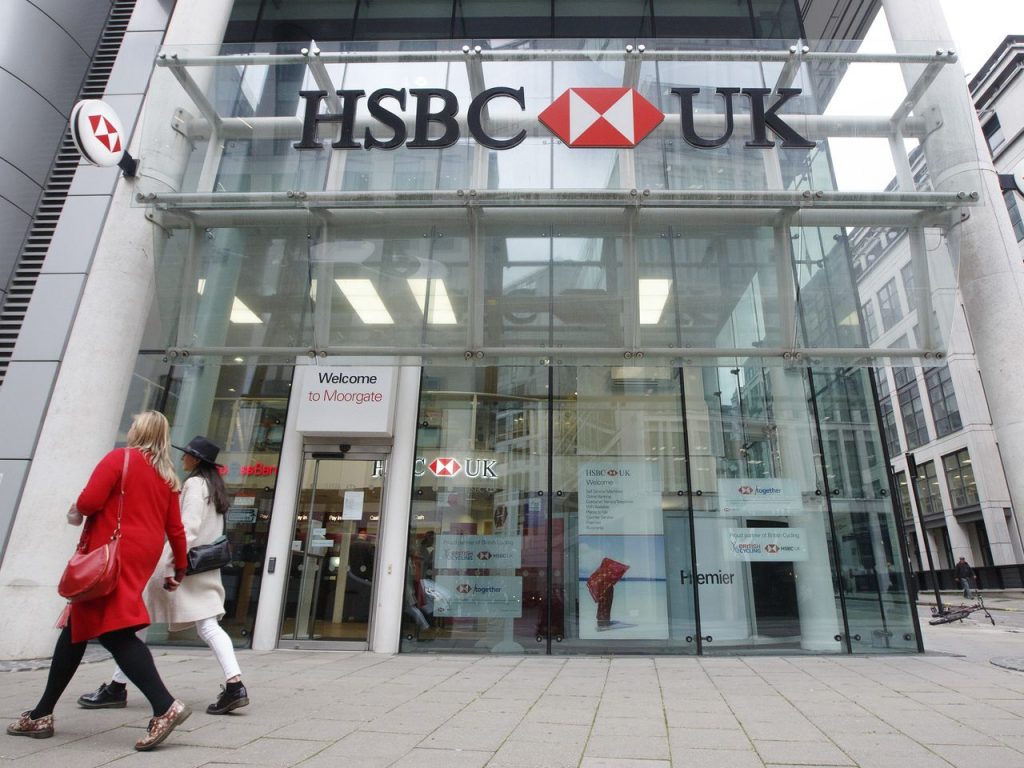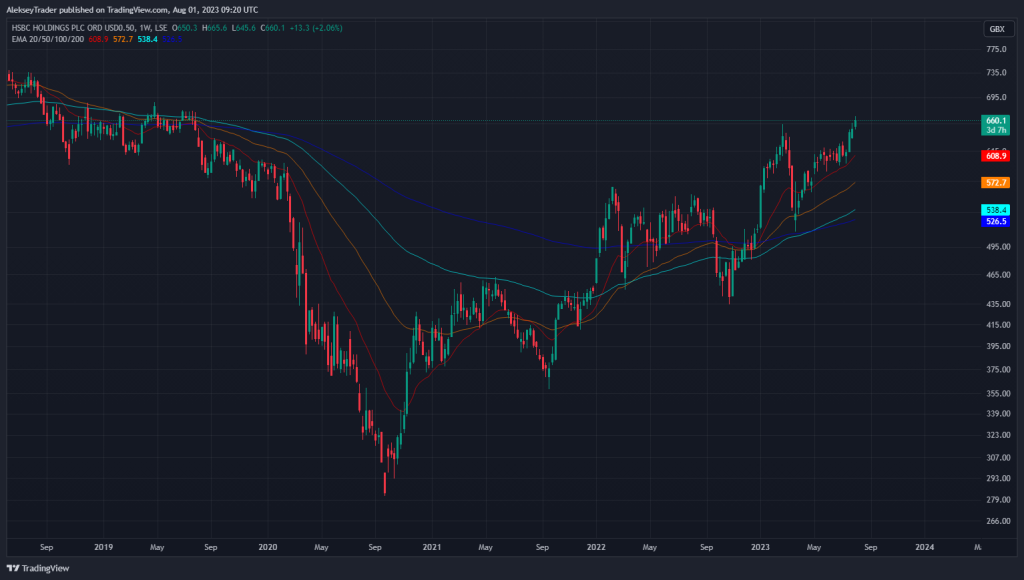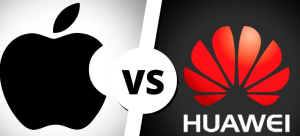
On Tuesday, HSBC Holdings announced an increase in its key profitability target and revealed plans for a new $2 billion share buyback. This significant growth in income for the first half of the year was attributed to rising central bank interest rates worldwide.
Consequently, the bank has raised its near-term return on tangible equity goal to at least mid-teens for the years 2023 and 2024, up from the previous target of at least 12% for this year and the reported level of 9.9% for 2022.
This positive update from the London-based lender followed its successful rejection of a vote by activist shareholders, including Ping An Insurance, in May. These shareholders had been pressuring HSBC to spin off its operations in Asia.
In response to the news, HSBC’s shares in London increased by 2.7%, outperforming the flat FTSE 100 benchmark index. The bank’s shares have witnessed a remarkable 68% climb over the past two years, while its competitor Barclays (LON:BARC) has experienced a 14% decline amid turbulence in its investment bank during the same period.
Interestingly, HSBC’s strong performance shows a reduced reliance on its investment bank, although its income from this division still rose by 16% in the first half. In contrast, U.S. and European rivals have faced significant revenue declines due to stalled dealmaking.
The main contributors to HSBC’s positive results were the nearly 40% increase in income from the commercial banking and retail and wealth management divisions. These areas of banking, characterized by higher lending margins, have benefited from rising central bank rates.
With a market value of $162 billion, Europe’s largest bank reported a pretax profit of $21.7 billion for the first six months of the current year, surpassing the $9.2 billion recorded during the same period the previous year. The figure also exceeded analysts’ average forecast of $20.9 billion. As part of its financial actions, HSBC will distribute an interim dividend of 10 cents per share.
However, despite the surge in profit, HSBC cautioned that many customers might face challenges due to the uncertain economic outlook, particularly in Britain. Sticky inflation and steadily rising interest rates are squeezing households, and CEO Noel Quinn acknowledged that tougher times lie ahead for those with fixed-term mortgage deals set to end in the next six months.
HSBC’s higher credit loss of $1.3 billion in the first six months, compared to $1.1 billion a year earlier, was partly attributed to its exposure to China’s commercial real estate sector and UK commercial banking.
Despite challenges, HSBC remains committed to expanding in China and has recently obtained a first-of-its-kind fund distribution license as a foreign firm. Although the bank derives approximately two-thirds of its revenue from Asia, it is also contemplating exits from around twelve countries to streamline its global operations and boost profits.
During the past year, HSBC has already sold its Canadian, French retail, and Greek businesses, announced its exit from Russia, and discontinued personal banking services in New Zealand. However, not all asset sales have proceeded smoothly, as the sale of its Russia business, initially scheduled for completion in the first half of this year, has faced delays due to pending regulatory approval.





